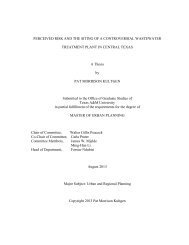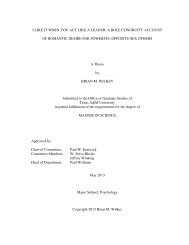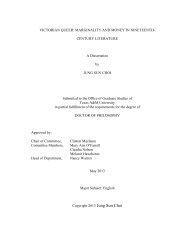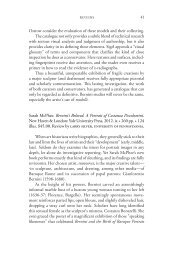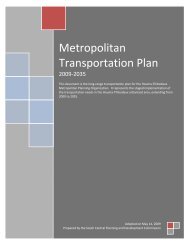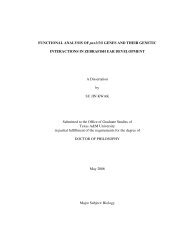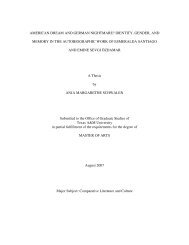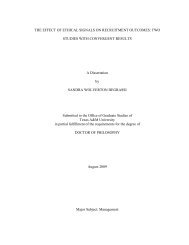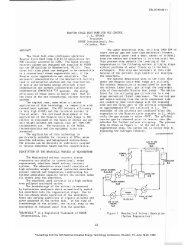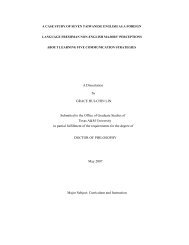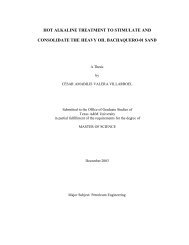INVESTIGATIONS INTO HYPERLIPIDEMIA AND ITS POSSIBLE ...
INVESTIGATIONS INTO HYPERLIPIDEMIA AND ITS POSSIBLE ...
INVESTIGATIONS INTO HYPERLIPIDEMIA AND ITS POSSIBLE ...
Create successful ePaper yourself
Turn your PDF publications into a flip-book with our unique Google optimized e-Paper software.
83<br />
Although serum cholesterol concentrations were significantly higher in Miniature<br />
Schnauzers with a history of pancreatitis compared to controls, the medians of both<br />
groups were within the reference interval. In addition, only 5 dogs in Group 1 had<br />
hypercholesterolemia, which was always mild and seen only in association with<br />
hypertriglyceridemia. This is in agreement with the results of a previous study in healthy<br />
Miniature Schnauzers. 84 To the authors’ knowledge, there is no evidence to suggest that<br />
hypercholesterolemia might play a role in the development of pancreatitis in dogs or any<br />
other species, and this is supported by the findings of the present study.<br />
Due to the fact that the dogs in this study had normal serum free or total T4<br />
concentrations, no clinical signs, and no history of a disease or drug administration<br />
known to affect lipid metabolism, it is logical to assume that hypertriglyceridemia in<br />
these dogs was likely idiopathic. 84,252 Although an association between endocrinopathies<br />
commonly accompanied by secondary hypertriglyceridemia and pancreatitis has been<br />
previously reported, the retrospective design of these studies does not allow<br />
determination of whether this was due to hypertriglyceridemia or not. 64,65 Further studies<br />
are needed to determine what proportion of dogs with pancreatitis has persisting<br />
hypertriglyceridemia secondary to other diseases.<br />
One limitation of the present study is that even with a normal Spec cPL<br />
concentration and the absence of clinical signs of pancreatitis, mild residual<br />
inflammation of the pancreas cannot be definitively excluded. The only way to exclude<br />
this possibility would be through histopathologic examination of multiple pancreatic<br />
biopsies, a very invasive procedure that cannot be ethically justified in patients that have



